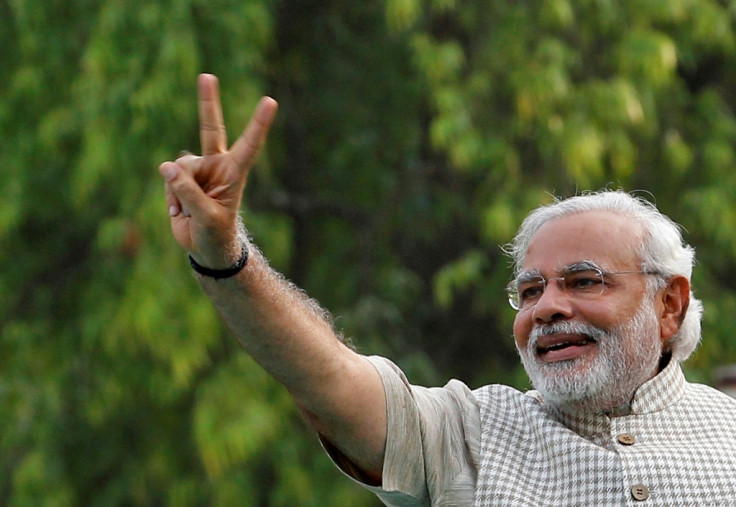Climate change: India to focus on green energy and efficiency instead of emission reductions

The first meeting of India's reconstituted Prime Minister's Council on Climate Change called for a shift in global attitudes from emission cuts to adopting green energy and improving energy efficiency.
The meeting that comes a few days before US President Barack Obama is to visit India reiterated the country's stand declared at the Lima climate talks where it insisted on focussing on climate adaptation as opposed to emission reductions.
While noting that key infrastructure activities should be 'climate sensitive' to limit impact on environment, Prime Minister Narendra Modi called for a shift from "carbon credit" to "green credit" when chairing the first meeting.
Pitching for a "consortium of all nations who have the greatest solar energy potential", Modi urged them to "join hands with India for innovation and cutting-edge research that would reduce the cost of solar energy, making it more accessible to people". Together the group can put pressure on rich nations to share their technological know-how, he said.
It plans to focus on renewable energy, particularly solar energy, in which India has announced the ambitious plan of adding 100GW of capacity by 2022.
It is expected that solar energy will feature in the talks between India and the US during Obama's visit.
The council gave the green signal for the launch of four new initiatives — on wind energy, coastal zone management, health and waste-to-energy — to strengthen India's response to climate change.
The council also discussed issues such as preparation of intended nationally determined contributions (INDC) for the Paris climate summit later this year.
A global pact in Paris will also depend on India, the fourth largest emitter country, and its stand on climate change.
India has been insisting on a common but differentiated responsibility based on equity that calls upon developed nations to scale up mitigation and allow developing nations to grow.
At Lima and even before, it has been calling upon rich nations to part with more green funds and technology transfer to help developing nations shift to a clean energy track.
India has refused to announce a peaking of emissions, insisting that it would have to wait till poverty has been addressed. It has noted that present trends indicate big polluters like the US and China would have appropriated most of the available carbon space by 2030, leaving nothing for most developing countries.
© Copyright IBTimes 2025. All rights reserved.





















